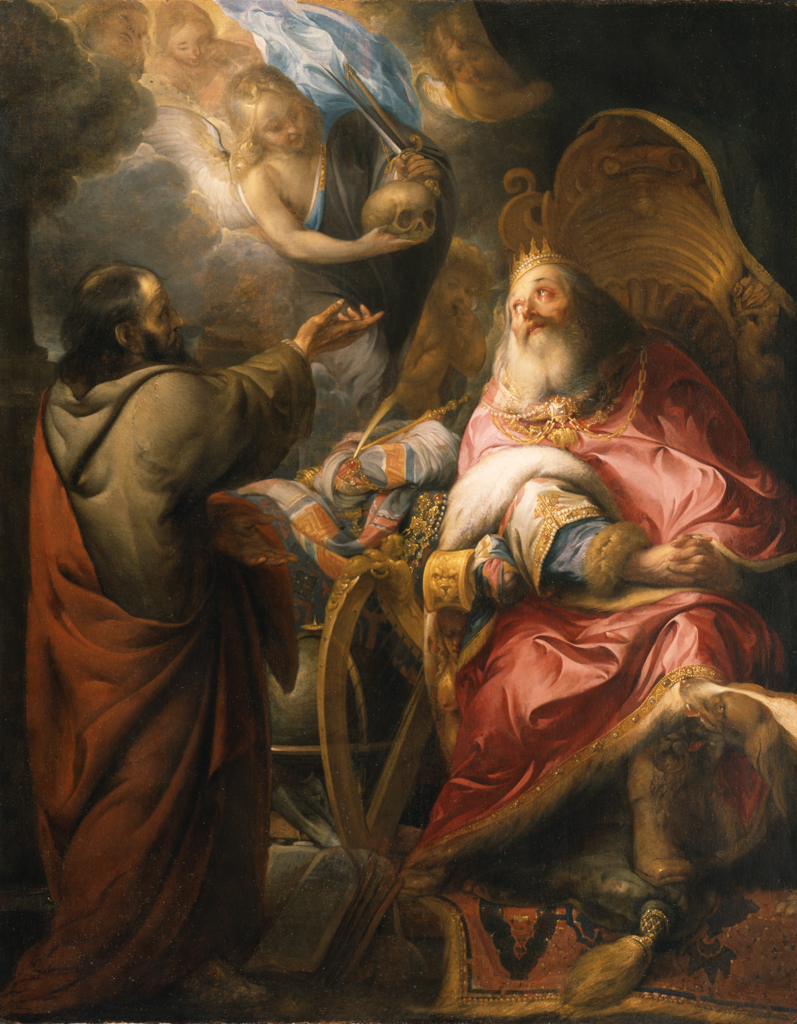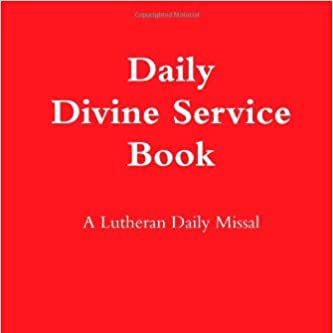“A Man After God’s Own Heart”

One of the most significant figures of the Old Testament, King David was a warrior, leader of Israel, and writer of the Psalms. God himself called him “a man after my own heart” for his great faith. Throughout his life he loved the Lord and sought him—even when he sinned greatly, he repented and came back to the Lord in his lowliness. For this reason, King David can teach us much about both pursuing God in our own actions and how Christ is foreshadowed in the Scriptures.
We learn about David and his life from a variety of the books of the Bible, such as 1 and 2 Samuel, 1 Kings, 1 Chronicles, Ruth, and the Psalms. He was born in the eleventh century B.C., the youngest of the eight sons of Jesse from the tribe of Judah and a meek shepherd boy. Significantly, he was also from Bethlehem and the great-grandson of Boaz and Ruth.
While his account in the Bible is so detailed that it is impossible to retell all the aspects, there are certainly a few highlights worth remembering on his December 29th day of commemoration. In his younger years, his experience with the throne first occurred when King Saul brought him to the court to play the harp. Soon after he was sent to join his three older brothers who were fighting the Philistines. While with them, he defeated the giant Goliath of Gath. His victory won him the friendship of Saul’s son, Jonathan. However, his rise to fame angered Saul, who tried to kill him time and time again. Eventually, St. David had to flee the court and his relationships there.
In David’s time away, the Philistines continued to wage war against Saul. Eventually both the king and Jonathan were killed, with David’s grief recorded in 2 Samuel 1. David was accepted as the new king and began his 40-year rule, which lasted between approximately 1010 and 970 B.C. King David succeeded in achieving independence for Israel, uniting them, leading them to victory time and time again in battle, and bolstering his reputation around the region. He brought the Ark of the Covenant to Jerusalem, as well, setting his son Solomon up to build the temple. His time of leadership is considered “the Golden age of Israel,” and he sought to follow God’s will throughout his leadership.
Even so, he endured many hardships including civil war and political division. However, King David also fell to the temptations of sin, bringing great calamities on himself and his people. Most notably, he committed adultery with Bathsheba and murdered her husband which resulted in the death of their son and his flight from Jerusalem. Through the help of the prophet, Nathan, King David confessed and repented.
However the difficulties did not end there: the Israelites also faced famine during this time, experiencing one challenge after another. As a penance for sin, David was allowed to choose either more famine, an unsuccessful war, or pestilence. He chose the third, and in three days 70,000 died. While he was still regarded as a powerful leader, pride had also taken over his life.
Besides these calamities, the last days of David were marred by fights over succession. To make sure that Solomon, his tenth son and second son of Bathsheba, would succeed to the throne David had him publicly anointed before his death. David died at 70 and was buried on Mount Zion, where his tomb remained for a long time. St. Peter even spoke about it on the day of Pentecost.

A Brief History
David foreshadowed Jesus throughout his life, and his narrative continually points to him. Thus his day on December 29th is unsurprisingly located within the Octave of Christmas,as one of the twelve days of Christmas, and in close proximity to the Nativity of our Lord.
To study these connections to Chris, there are many points in David’s story to which we can look. First, they were both born in Bethlehem. Second, David was a lowly shepherd boy, someone who most would have assumed couldn’t become a mighty king. This, of course, foreshadows Jesus, who is the Good Shepherd from a humble background. Third, David defeated Goliath in great weakness, with only a stone from his sling. Jesus also defeated Satan in what seemed to be an unassuming act, his death on the cross.
King David was appointed leader of Israel, on the whole ruling the kingdom with great leadership and grace. It is maybe this analogy that best points to Christ. In prophecies about Jesus, Christ was sometimes called David, and Jesus was born of his line. While these are just a few of the numerous connections between the two men, they are significant and worth studying during the Christmas season! Like David, we too aspire to follow God and his will and then live according to that will.

Collect
O Almighty God, who hast knit together Thine elect in one communion and fellowship in the mystical body of Thy Son Jesus Christ, our Lord: grant us grace so to follow Thy blessed saints in all virtuous and godly living, that we may come to the unspeakable joys which Thou hast prepared for those who unfeignedly love Thee; through the same, Jesus Christ, Thy Son, our Lord, who liveth and reigneth with Thee and the Holy Ghost: ever one God, world without end. Amen.
Lessons
Resources
Issues, Etc. interview with the Rev. Dr. Ken Schurb on King David’s Last Words
Propers found in Daily Divine Service Book: A Lutheran Daily Missal, edited by the Rev. Heath Curtis
References:
1. Weedon, William. Celebrating the Saints. Concordia Publishing House. 2016.
2. MNS District. David: “After God’s Own Heart.” March 3, 2014.
Images:
1. David & Jonathan, Gustave Doré, France, 1866.
2. King David Playing the Harp, Gerard van Honthorst, The Netherlands, 1622.
3. The Repentant King David, Unknown, Belgium, 1650.




[…] the fifth day of Christmas the Church celebrates St. David, the renowned Israelite king of the Old Testament. St. David’s Day’s location within the heart […]